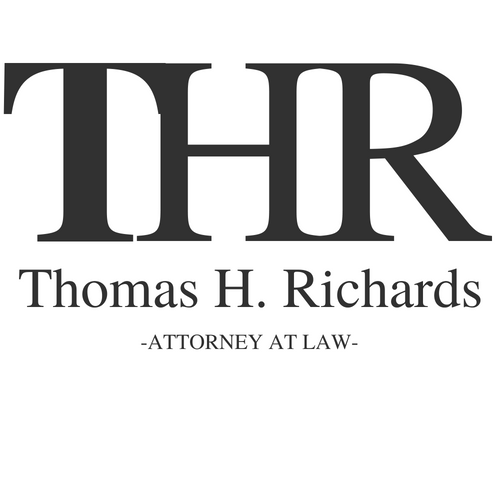What is in a full Estate Plan
A full estate plan includes a trust, will, financial and medical powers of attorney and a medical directive. Depending on one’s wishes, a nomination of a guardian can also be executed in conjunction with a trust, will and powers of attorney.
What information do I need to provide?
Of course the first question is what are your goals with your estate plan? Are you concerned primarily with your current care and maintenance of your quality of life or are you more concerned with the disposition of your assets in the future? Other than understanding your goals you hope to achieve with your estate plan, the two primary factors to consider is your and your spouse’s familial status and the types of assets that need to be placed into the trust.
Will a Trust keep my family from having to go through probate?
Probate is required when title remains in the name of someone who has died. A properly drafted and executed trust can bypass probate because a trust conveys title to the trustees named in the trust. At first, the trustees are the same people who form the trust, known as the grantor(s) (you!). Eventually a successor trustee steps in when the grantor or surviving grantor passes away. In addition to a properly drafted and executed trust, your property must be properly conveyed into the trust.
Will I lose control of my house or other assets if I place my assets in a trust?
The short answer for the overwhelming majority (99%) of people is no, you do not need to give away any control over your assets when they are conveyed into a trust.
If the value of your assets exceeds a certain amount, a trust can also be used to minimize certain gift and estate taxes. In that event, a portion of your assets may need to be placed into a trust or other entity that may need to be managed by someone other than you. While this was much more common in the past, changes that occurred in the tax code starting around 2001 greatly reduced the number of people that needed to engage in estate tax planning.
A trust seems complicated, shouldn't I just make out a will?
A will does not avoid probate. Whoever is named the administrator, executor or personal representative of the will will need to hire an attorney to initiate a probate. Additionally, a will does not name a successor trustee who is responsible to attending to your needs in the event you become incapacitated or are otherwise unable to manage your affairs. While a trust should be periodically reviewed by an attorney, it is still the far superior estate planning device for your and your family’s needs.
I had a complete estate plan drafted a couple decades ago, is it still good?
Most likely the trust and will, if properly drafted and executed, will still be enforceable. However, tax laws and your family circumstances frequently changed. It is advisable to review it yourself periodically and to not hesitate to contact an attorney with any changes. Above all, you need to make sure your assets are properly conveyed into your trust.

